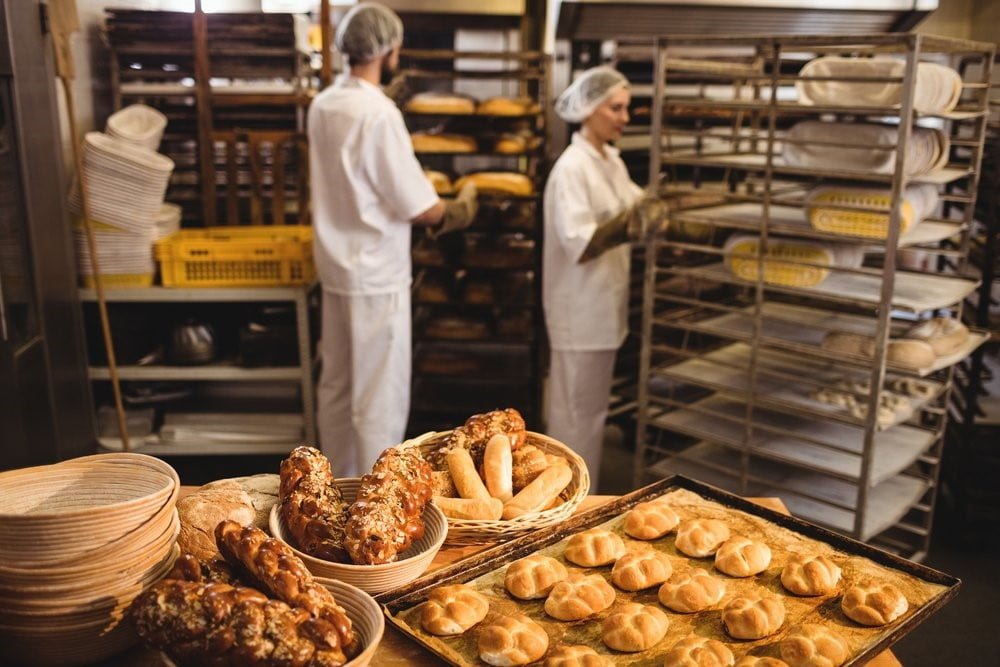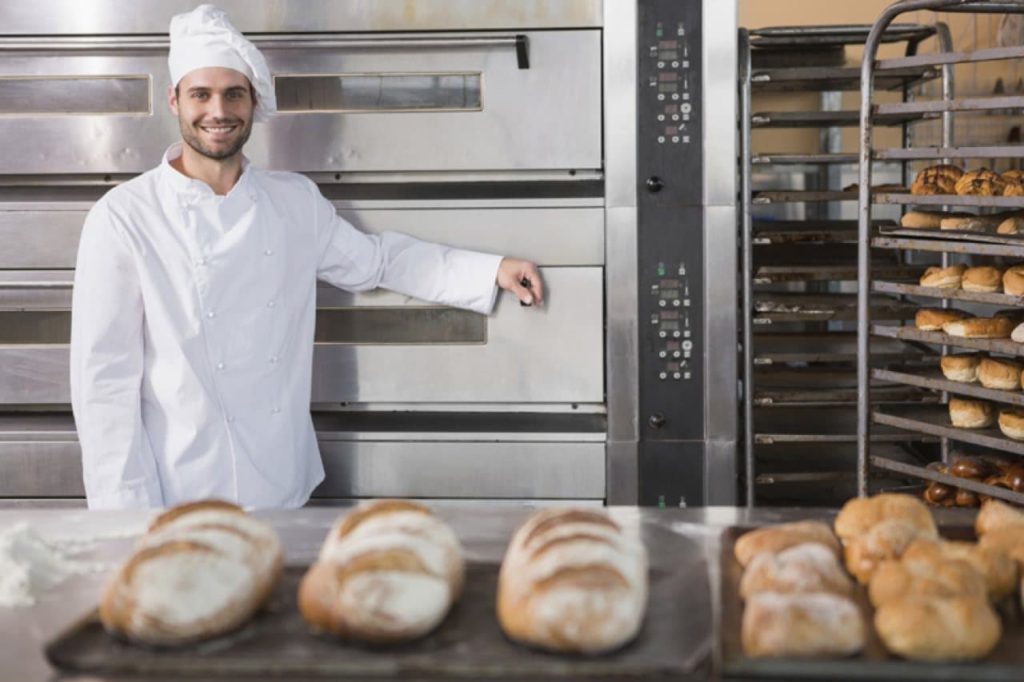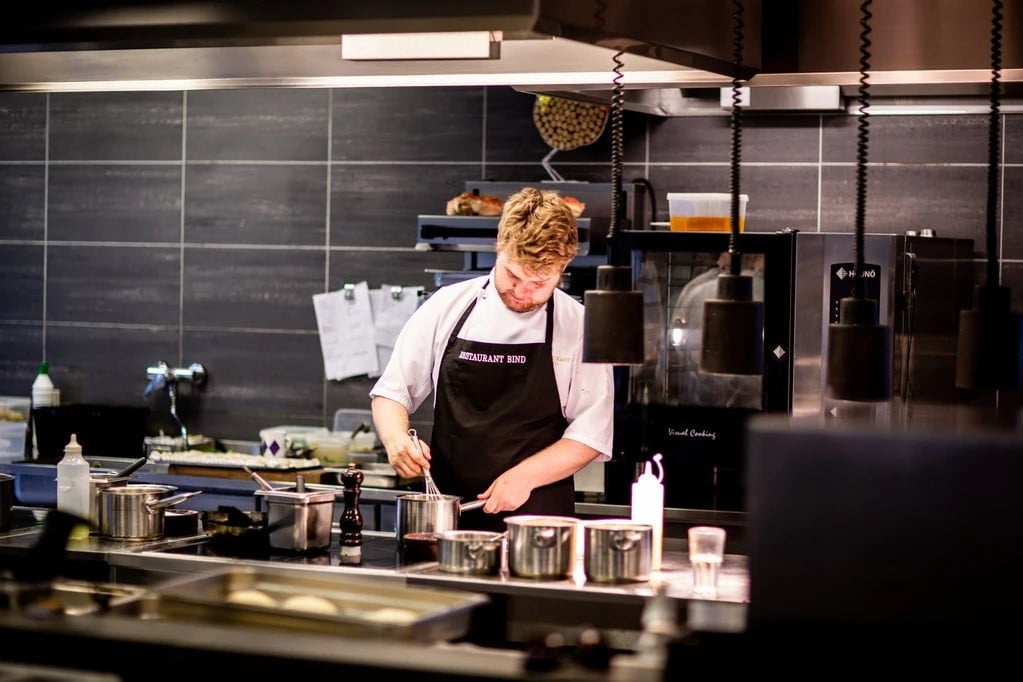Are you planning on opening your own bakery, where you’ll prepare sweet baked goods for your local community? Or maybe you already own a bakery and want to upgrade some of the equipment you bought over 10 years ago. Believe it or not, as simple as industrial food machines can be, they’ve come a long way in the last decade or so. Most of the equipment has become more efficient and simpler to use and clean. So if your bakery is your bread maker, it can be worthwhile to invest in new, quality bakery equipment. That being said, here’s everything an aspiring or already established baker needs to create delicious baked goods.
Dough Preparation
If you want to ensure that your bakery returns the maximum output you need to start focusing on the preparation of the dough. It is important that adequate processes, timings, and other essentials are meticulously followed in the dough preparation. Some bakeries still prefer using the old-fashioned techniques of using hand to mix the dough. While others might prefer the functionality of a mixer for their needs.
Dough Mixers
One of the most sought-after industrial food machines for bakeries is no doubt the Planetary Mixtures. They’re available in a wide range of sizes and designs, and most bakeries have at least a few models, allowing them to mix up batches quickly. Planetary mixers feature an agitator that turns on an offset shaft. On some models, you can change the agitator attachment, which allows you to mix much more than dough. For instance, you can mix puddings, meringues, and icing. Upgrading to a new propeller agitator can further enhance mixing efficiency, especially for lighter mixtures that require quicker, more uniform blending.
Then, there are spiral mixers that feature a spiral-shaped agitator that’s stationary, while the batch bowl moves around it. This type of design makes spiral mixers great for mixing large batches of dough.
Lastly, there are vertical cutter mixers that come with a large covered bowl, a powerful motor, and an agitator inside the bowl that allows for quick bulk production of dough
Dough Dividers
Once the dough is made with the mixer, you’ll need a dough divider to take the large batch and divide it into the same sizes for best results. This ensures you get bread, pies, and other baked goods that are close to identical. Similarly, you can get a dough sheeter that takes the equally sized ball and stretches and rolls it according to the thickness and size you want it to. This will help in maintaining the right standards at all times. While not essential, these industrial food machines will save you a lot of work and lead to a better final product. However, it is costly, which is why they’re generally used by high volume commercial establishments.
Proofing Cabinet
Every baker knows that the best dough rises in humid and warm environments. Proofing cabinets provide just that – Great temperatures and humidity levels. There are many different types and variations of proofing cabinets. Some cabinets also come with a holding function, giving you the capabilities of two pieces of bakery equipment in one product. In other words, you can treat the same and ensure that the product is of the highest quality when serving customers. When shopping for proof cabinets, you need to consider the size, interior configuration, and door configuration.
Baking Ovens
Once the dough is mixed, divided, and proofed, it’s ready to get baked. Ovens are the most important components of every bakery, and there are many different types of ovens to choose from. When buying a commercial oven, you should know in advance the type of goods you’ll be producing, and how much you’ll be producing. These two factors can impact the choice of products you would want to have in your bakery. However, the importance of a hood for ventilation will be important regardless of the oven you go for.
Convection Ovens
These are arguably the most popular piece of industrial food equipment for bakeries. They’re great at baking goods immediately, no matter whether it’s cookies, pies, brownies, bread, or cakes. Convection ovens are equipped with internal fans that help move the air in an even fashion inside them, thus providing consistent results. Some top-shelf models also feature advanced injection techniques using steam and a variety of other functions to make your goods even more delicious.
Deck Ovens
Deck ovens are preferred by artisan bakers or people making variations of the different kinds of bread. This is due to the fact that deck ovens are equipped with platforms made of stone that heat up, making the crust crispy while keeping the bread moist and soft inside. However, keep in mind that deck ovens require much more real estate in your bakery to convection ovens, so if you have limited space in your bakery, you might not be able to place one without rearranging your workspace. But deck ovens feature fewer moving parts, and they have a rather simple design, allowing them to have a longer shelf life
Rack Ovens
These ovens work in a similar way that roll-in proofing cabinets and fridges work. You can insert a number of goods at the same time for baking. The major benefit of this type of oven is labor and time saving, as you have to handle the goods less throughout the process. If you have a proofing cabinet with a roll function, you can cut down on the time factor even more.
Display Equipment
Display Cases
If your bakery is going to be a place where people can buy your goods, you’ll obviously want a display case. There are a few different kinds you can consider in this regard. These come with options of chilling like a refrigerator or just room temperature zones, which are illuminated. Your choice will depend on what type of goods you intend on selling. Furthermore, you’ll have to think about you want something that fits the décor of the bakery and can be put up to woo audiences, or something, which is just meant for storing. Regardless, you’ll find a wide range of display case styles, sizes, and types, so you can rest assured you’ll find one that suits your needs best.
Read Also:































